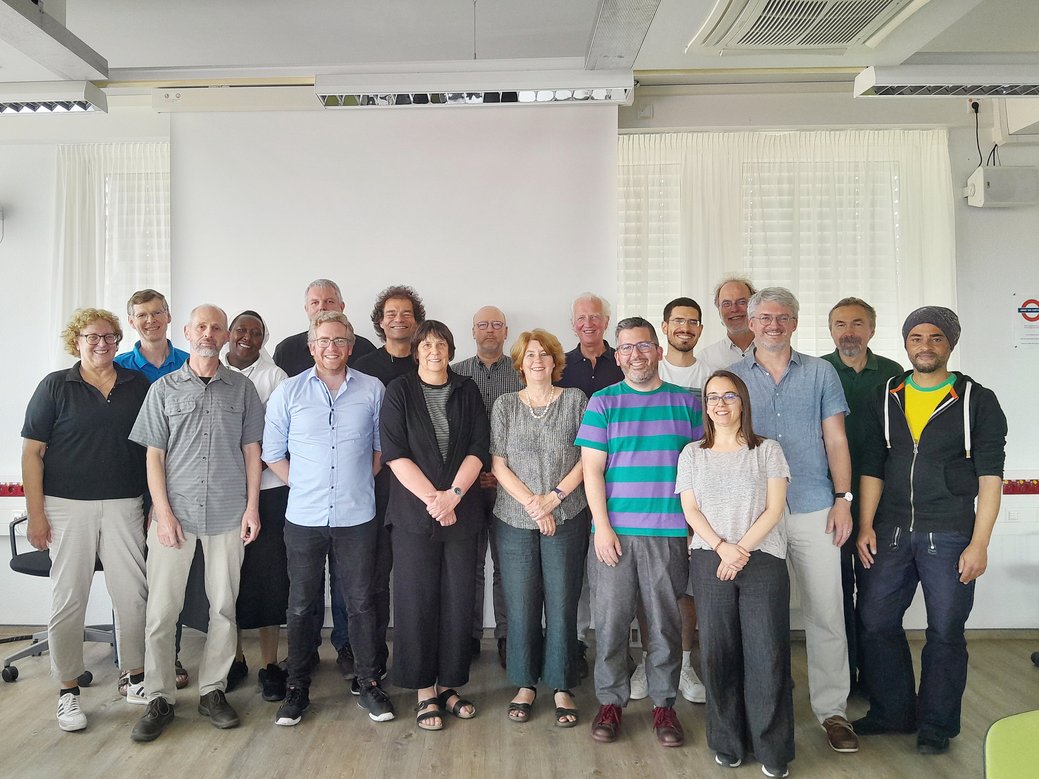
Dialogue about mission collections creates new perspectives
From 16 to 18 June 2025, representatives of collection-holding institutions (Catholic and Protestant), church umbrella organizations, academic institutes, museums and publicly funded organizations met at the Centre for Religious Studies (CERES) at Ruhr-Universität Bochum for a workshop lasting several days entitled “Missionary collections: A Dialogue between Missionary Societies, Religious Orders and Research Institutions”. On the initiative of the focus group “Missionary Collections” in the working group “Colonial Provenances” of the Arbeitskreis Provenienzforschung e.V. and CERES, and sponsored by the Fritz Thyssen Foundation, participants discussed the opportunities and challenges of research with and in missionary collections. The participants jointly formulate the following observations, which they consider to be central to future work about and in missionary collections:
- Missionary collections (also known as “mission-historical collections”) are a significant cultural asset that has so far received too little attention in collection-holding institutions, research and society.
- Missionary collections need to be catalogued and processed from various perspectives; they are a building block in the documentation and discussion of the past and present.
- Collection-holding institutions such as scientific institutes have a responsibility to critically examine the history of the collection and the origins of the holdings, also with regard to the era of European expansion and colonialism. This includes, for example, the identification of sensitive holdings.
- The current efforts to catalog and process missionary collections are in continuity with previous scientific and cataloging work.
- From the outset, missionary collections should be catalogued and processed in close cooperation between various actors; in particular, the current holders and the societies of origin of the collections should be involved.
- Cooperation must be transparent and binding and should be based on mutual, personal trust.
- The representatives of Catholic and Protestant institutions and scientific institutes present are sensitized to their respective situations and needs. This applies in particular to the different and sometimes complex institutional constitutions as well as scarce resources and the fact that many of the collections are privately owned.
- Research in and about these collections should have concrete benefits for all those involved. For example, religious orders and missionary societies benefit from the preservation of an important part of their cultural memory, research institutions have the opportunity to work on subject-specific research questions with valuable material, and social, political and church actors benefit from transparent research about (colonial) historical issues with the aim of social justice.

